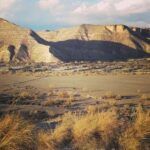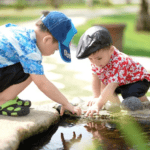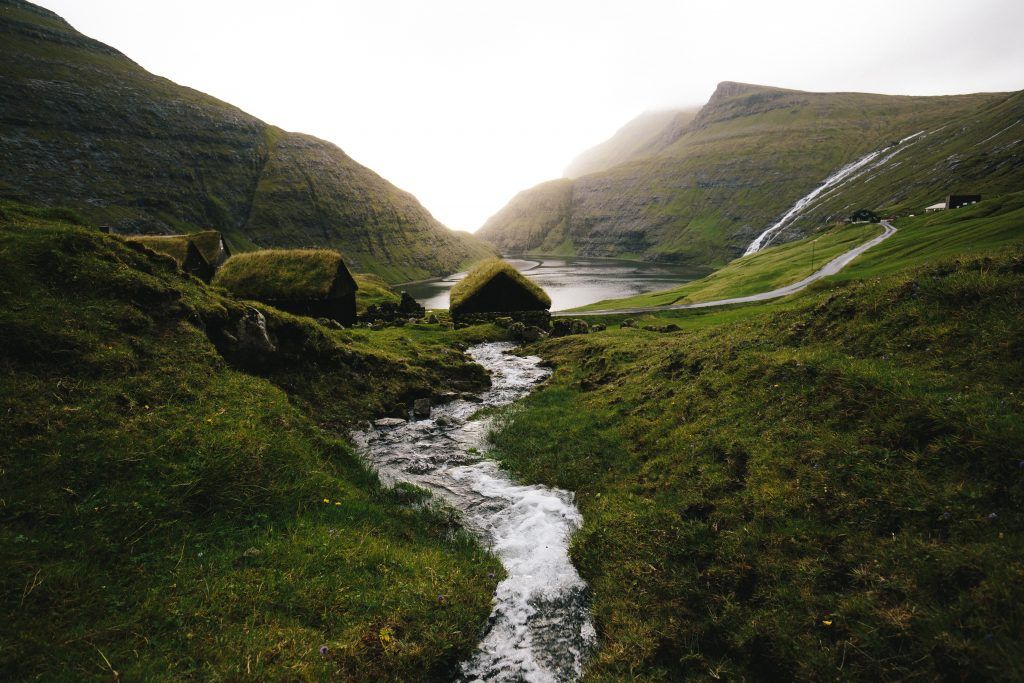What is happening to our drying river networks? A new app helps scientists find out. An EU-funded project has launched the first open-source smartphone app that helps scientists monitor drying events in Europe’s and South America’s rivers and streams.
Publicaciones relacionadas:
 Greek island Tilos picks up award for clean energy transition
Greek island Tilos picks up award for clean energy transition
 A study by the University of Almeria details the important microbiological diversity in the fight against desertification
A study by the University of Almeria details the important microbiological diversity in the fight against desertification
 Air pollution affects brain development
Air pollution affects brain development
 World’s glaciers melting faster this century
World’s glaciers melting faster this century
 Accelerated rates of change in Earth’s vegetation go back thousands of years
Accelerated rates of change in Earth’s vegetation go back thousands of years


Leave a Reply